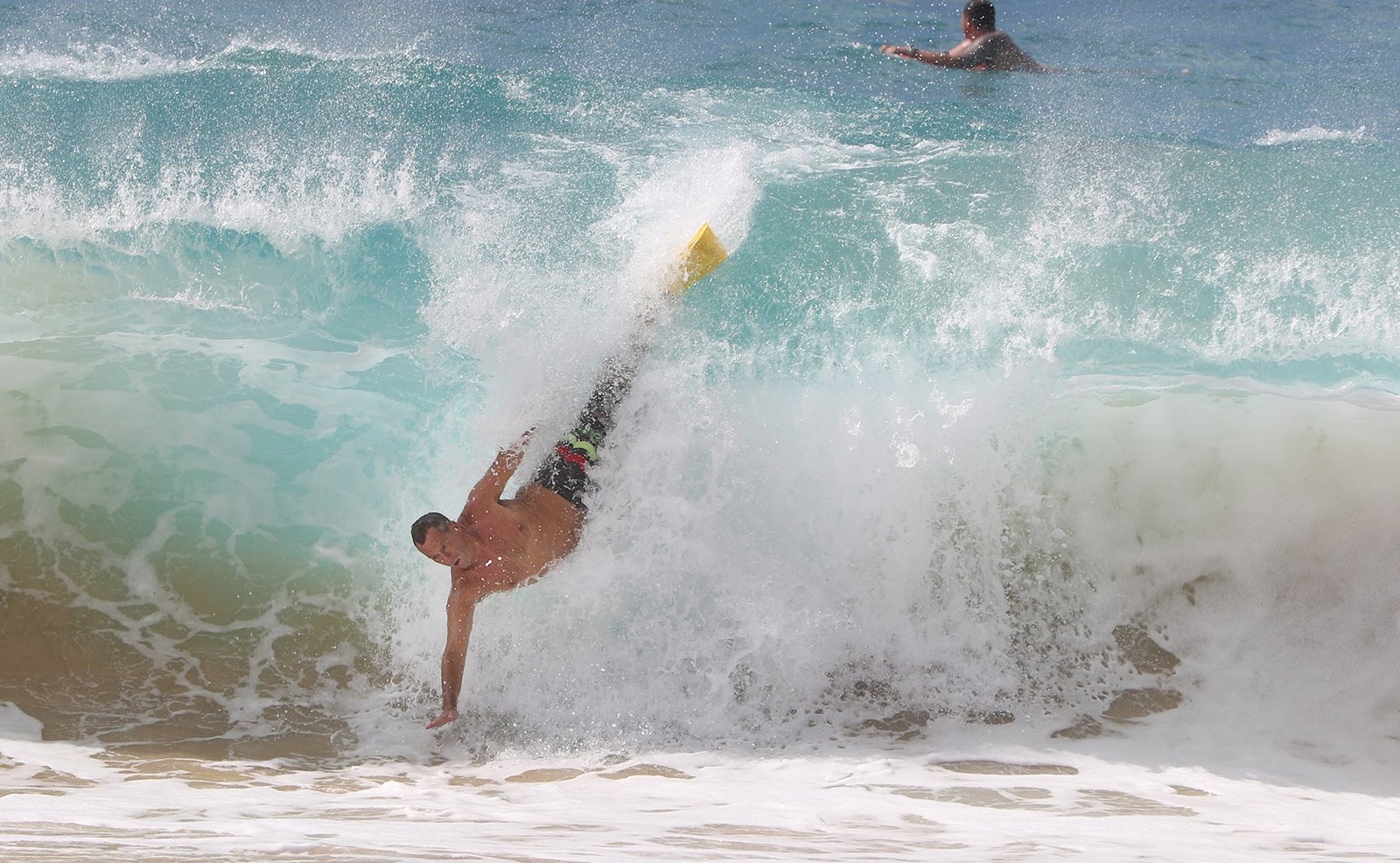State and local leaders are calling for increased security at Nanakuli High and Intermediate School after a series of violent incidents.
The Nanakuli safety issues have also reignited debate about whether schools on Oahu should have armed school resource officers — Honolulu is the only county in Hawaii that doesn’t.
So far this school year, police officers have responded to Nanakuli High and Intermediate eight times, according to Honolulu Police Department crime mapping, and community members say fights happen there regularly.
While the school has unarmed security guards, some leaders say Nanakuli and other schools would be safer with SROs — fully sworn, armed police officers. On neighbor islands, SROs are employed by their county’s police departments.


But not all community members and parents want police on school campuses.
“That is definitely a discussion that needs to happen,” said Tiana Wilbur, a member of the Waianae Coast Neighborhood Board who has children in public schools. “Are they just going to criminalize kids? There are so many unanswered questions.”
‘We Want To Make Sure There’s No Delay In Response’
State Rep. Cedric Gates, who represents Waianae, Makaha, Makua and Maili, said part of the reason Honolulu lacks SROs is because the HPD is so understaffed. More than 400 sworn positions are vacant.
The department does not have plans to hire SROs, but some officers regularly visit schools to conduct educational programs, spokeswoman Sarah Yoro said in a statement.
Gates is working on a bill to introduce next session that would allocate state law enforcement personnel, such as sheriffs or corrections officers, to serve at public schools. They would be armed and trained in how to respond to threats.
“The need has been expressed by my community and the broader community that with more threats being made at our schools, especially if it involves active shooters, we want to make sure that there’s no delay in response,” he said.


Gates said the details of the bill are still being worked out, including how many officers should be used, where they would be stationed and what it would cost. Money for the program would likely be put into the Department of Education budget, he said.
All of the DOE’s intermediate and high schools currently have unarmed security personnel who work during school hours, and nearly 100 schools have private night and weekend coverage on a “roving schedule” where guards move between nearby campuses, Superintendent Keith Hayashi said in a statement.
In a recent letter to DOE officials, Rep. Darius Kila, who represents Honokai Hale, Nanakuli and Maili, asked for authorization to hire additional after-hours private security guards for Nanakuli High and Intermediate. He cited campus incidents, including one Dec. 2 in which a 15-year-old was beaten and robbed by a group of males, one of whom showed a gun.
Kila said the cost of hiring private guards would likely exceed $100,000, adding that DOE may need to request additional funds from the Legislature next year to create more security positions or contract out to a company providing after-hours guards.
‘More Like a School Counselor’
On neighbor islands, school resource officers go through the police academy and carry guns.
Maui has seven officers on campuses around the island, as well as on Molokai and Lanai. The police department has five vacant SRO positions, according to spokesperson Alana Pico.
They’re paid by Maui County and earn the same as a Level 3 police officer — a salary range of $81,396 to $117,888, Pico said.
They’re responsible for preventing violence and investigating crimes on campus, but they do not handle disciplinary issues. They also serve as counselors, mentors and educators to form bonds with students, she said.
The Big Island has eight SROs spread across the districts of North Kohala, South Kohala, Kona, Hamakua, Hilo and Puna, according to Hawaii Police Department spokeswoman Denise Laitinen. Chief Ben Moszkowicz told Civil Beat last month that he plans to hire more SROs.


Blake Ragocos, an SRO in the Hamakua School District on the northeast side of the island, said that even though he’s a sworn officer, his mission is to connect with students and foster positive relationships between the community and police.
Sometimes though, he does have to be a cop, like when he arrested a student who was threatening violence at school. He’s also trained to respond in an emergency, such as an active shooter.
But his main duties include organizing basketball tournaments and fishing competitions, playing games with kids at recess and hosting community events.
“You cannot be that officer that doesn’t talk to anyone,” Ragocos said. “You cannot be in the corner by yourself, arms crossed overlooking the campus. You have to build those relationships, talk story with the students, because once you gain their trust they tell you so many things. I feel more like a school counselor these days than a police officer.”
The Kauai Police Department did not respond to questions about its SRO program.
Not Everyone Wants Armed Officers On Campus
While many community members want increased security in schools, some say they aren’t sure school resource officers are the answer.
In a survey Kila conducted with constituents in November and December, 37% of respondents said they supported having armed officers on campuses, while 41.5% said they did not. Twenty-one percent were unsure.
Samantha DeCorte, chair of the Nanakuli Neighborhood Board, said she would like to see more unarmed security guards at Nanakuli High and Intermediate to do things like break up fights, but she doesn’t like the idea of having armed officers involved.
“I don’t think we need to have guns on campus,” she said. “So many things could go wrong. I don’t feel comfortable with that.”
Wilbur, whose son is a second grader at Makaha Elementary School where a student was stabbed with scissors last month, said her son was afraid to go back to school after the incident. While she wants to see more security on campus, she hopes leaders will discuss all options, such as having parents volunteer to be classroom monitors, before deciding on hiring SROs.
“I feel like the best avenue for it is, how can we as a community support our schools in what they need?” she said.
“I don’t think we need to have guns on campus. So many things could go wrong.”
Samantha DeCorte, Nanakuli Neighborhood Board
On the other side of Oahu, Marisa Kaleohano of Waimanalo said she just decided to pull her daughter out of Waimanalo Elementary and Intermediate School because of ongoing bullying issues. Every school is different, she said, but SROs could work on some campuses.
“I think they’re beneficial, and I think if used for specific, problematic schools, absolutely,” she said.
But Carrie Ann Shirota, policy director for the ACLU of Hawaii, said SROs can lead to more criminalization of students. Schools with SROs have 3.5 times higher arrest rates for students than others, according to a 2021 study from the ACLU of Washington.
As he crafts his SRO bill, Gates said he’ll take feedback from parents to address concerns, especially those around criminalization and discipline. The measure’s main purpose is safety, he said.
“I think there’s a lot of parents that are out there that are afraid for their child’s safety at these schools,” he said. “And so having that added layer of protection for students is a welcome sight for our residents.”
Civil Beat’s education reporting is supported by a grant from Chamberlin Family Philanthropy.







Leave A Comment